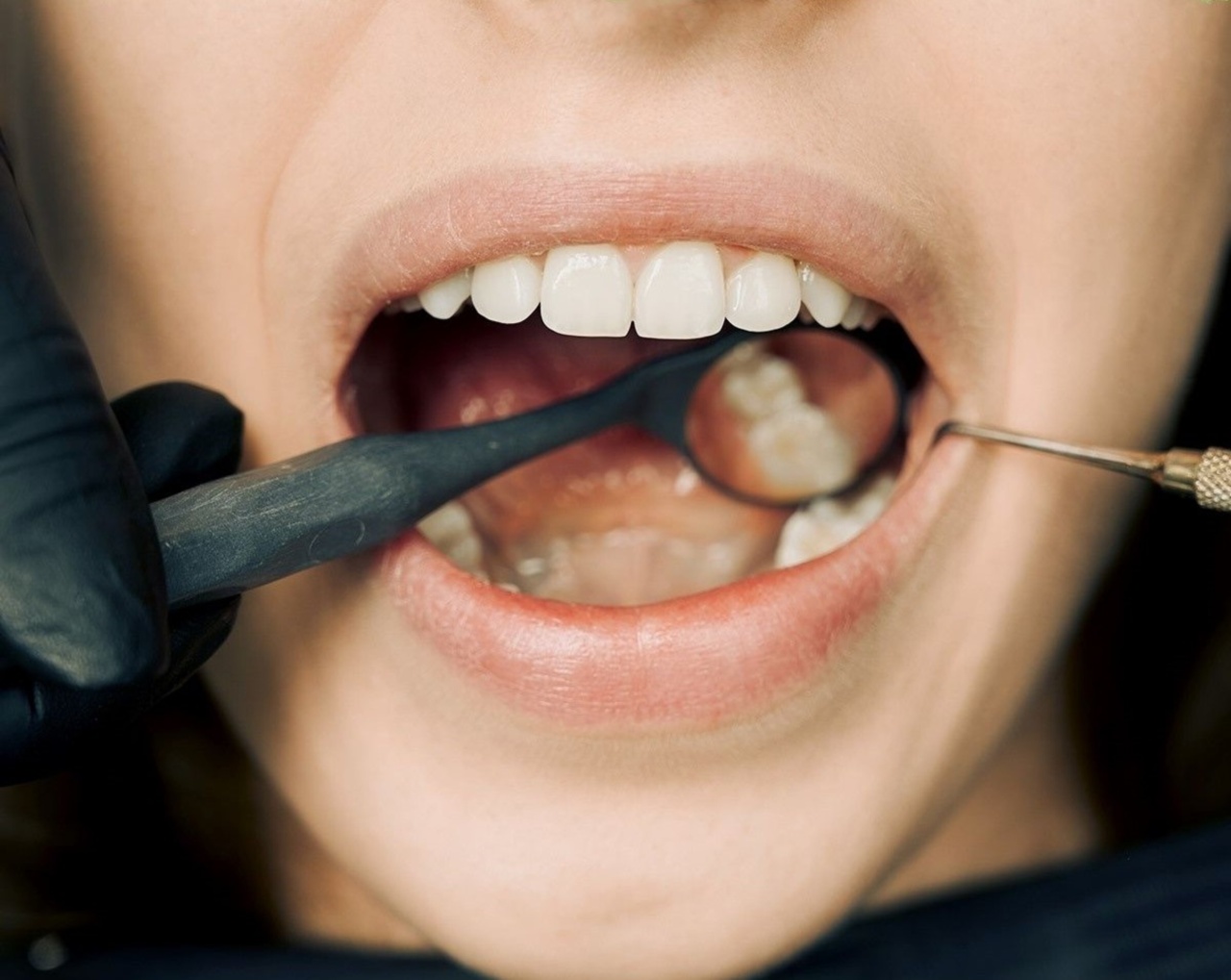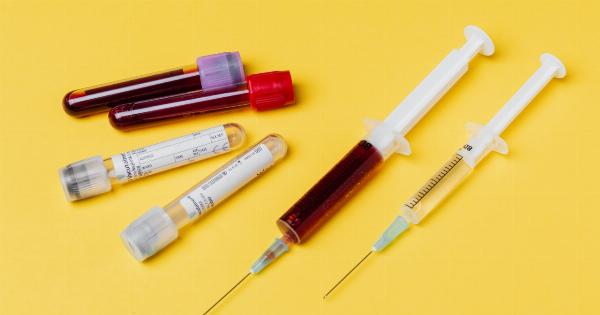Hypertension, commonly known as high blood pressure, is a prevalent health condition that affects millions of people worldwide.
It is a chronic medical condition characterized by elevated blood pressure in the arteries, which can lead to serious health complications if left uncontrolled. While there are numerous causes of hypertension, one often overlooked factor is the consumption of certain oral solutions.
This article explores the link between hypertension and specific oral solutions and provides insights into how such solutions can contribute to the development or exacerbation of high blood pressure.
The Role of Excessive Sodium Intake
Sodium, a vital mineral required for various bodily functions, is essential for maintaining fluid balance and transmitting nerve impulses. However, excessive sodium consumption can significantly impact blood pressure levels.
Many oral solutions, such as certain electrolyte replacement drinks, sports beverages, and even over-the-counter medications, may contain high levels of added sodium. When these solutions are consumed in excess, they can significantly contribute to hypertension and water retention in the body, leading to increased blood pressure.
Sugar-Sweetened Beverages and Hypertension
Sugar-sweetened beverages have long been associated with various health risks, including hypertension. These beverages, including carbonated soft drinks, energy drinks, and fruit juices with added sugars, can contribute to weight gain and obesity.
Excess body weight is a significant risk factor for developing hypertension. The high sugar content in these beverages can also disrupt the body’s insulin response and promote inflammation, further exacerbating blood pressure issues.
Consequently, individuals who regularly consume sugar-sweetened oral solutions may be at a higher risk of developing or worsening hypertension.
Alcohol Consumption and Blood Pressure
Alcohol consumption is another factor closely linked to hypertension. While moderate alcohol consumption may have some cardiovascular benefits, excessive or chronic drinking can lead to high blood pressure.
Oral solutions, such as cough syrups and mouthwashes, often contain alcohol as an active ingredient. If these solutions are consumed in large amounts or for extended periods, they can contribute to elevated blood pressure levels and increase the risk of hypertension development.
It is crucial to be mindful of the alcohol content in such oral solutions and consume them according to recommended guidelines.
Caffeine and its Impact on Hypertension
Caffeine, a natural stimulant found in various food and beverage products, has a direct impact on blood pressure levels. While the effects of caffeine can vary from person to person, excessive caffeine intake can cause a spike in blood pressure.
Many oral solutions, including certain analgesic medications and energy drinks, contain caffeine as an ingredient. Regular consumption of these solutions, particularly in high quantities, can lead to the development or worsening of hypertension.
It is advisable to monitor and limit caffeine intake, especially for individuals with existing high blood pressure issues.
The Importance of Reading Labels
To avoid the potential risks associated with hypertension caused by oral solutions, it is crucial to be diligent in reading product labels.
Paying attention to the sodium content, added sugars, alcohol content, and caffeine levels in these solutions can help individuals make informed choices and minimize their impact on blood pressure. Opting for low-sodium or sodium-free alternatives, sugar-free options, and caffeine-free formulations can significantly reduce the risk of hypertension development or aggravation.
Consulting Healthcare Professionals
If you have concerns about your blood pressure or the potential impact of certain oral solutions on your hypertension, it is essential to consult with your healthcare professional.
They can provide tailored advice, recommend suitable alternatives, or suggest necessary modifications to your medication or treatment plan to ensure optimal blood pressure control. Regular monitoring of blood pressure, adherence to prescribed medications, and a healthy lifestyle are essential in managing hypertension effectively.
Conclusion
Hypertension is a significant health concern affecting a large proportion of the global population. While it has numerous causes, the consumption of certain oral solutions can contribute to the development or exacerbation of high blood pressure.
Excessive sodium intake, consumption of sugar-sweetened beverages, alcohol intake, and caffeine consumption are key factors associated with increased blood pressure levels. Being mindful of the contents of oral solutions, reading labels carefully, and consulting healthcare professionals when needed can significantly reduce the risk of hypertension caused by these solutions.
By making informed choices and maintaining a healthy lifestyle, individuals can proactively manage their blood pressure and mitigate the associated health risks.





























